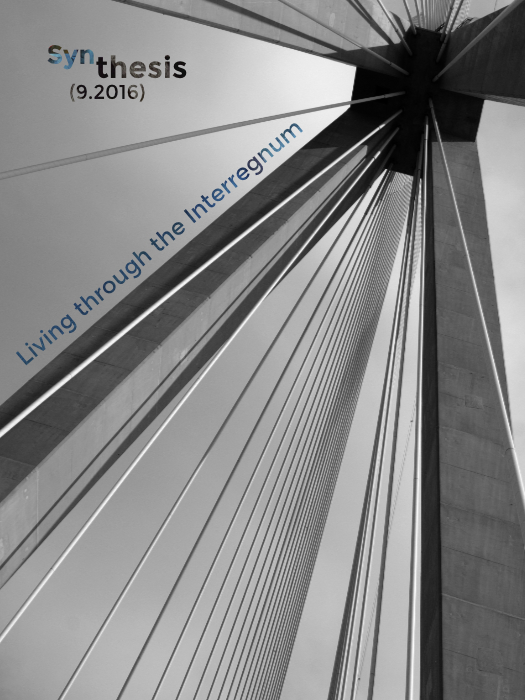Democracy in Republic: Plato’s Contestation
Resumen
Plato has been read as a virulent opponent of democracy, a common interpretation that, among other things, either ignores or dismisses his perceptive account of the ways democracy can be a mistaken political culture. In Books 8-9 where he designs other cities that are less than his ideal city, Plato tries to show how the whole manner of living and esteeming of a ruling class pervert the preferences and decision-making of everyone living in the city. Attention to this account can reveal Plato not so much rejecting but contesting the democracy he designs-in-theory. In the city he models, freedom and equality are misdirected, its own political culture ultimately betrays itself. I argue that, for Plato, democracy’s failure is due largely though not exclusively to a remnant of oligarchy that remains within it —the underhanded and excessive pursuit of money— which undermine the freedom and equality that define its political culture.
Article Details
- Sección
- Articles

Esta obra está bajo una licencia internacional Creative Commons Atribución 4.0.
The copyright for articles in this journal is retained by the author(s), with first publication rights granted to the journal. By virtue of their appearance in this open access journal, articles are free to use with proper attribution. Synthesis retains the worldwide right to reproduce, display, distribute, and use published articles in all formats and media, either separately or as part of collective works for the full term of copyright. This includes but is not limited to the right to publish articles in an issue of the Journal, copy and distribute individual reprints of the articles, authorize reproduction of articles in their entirety, and authorize reproduction and distribution of articles or abstracts thereof by means of computerized retrieval systems.




